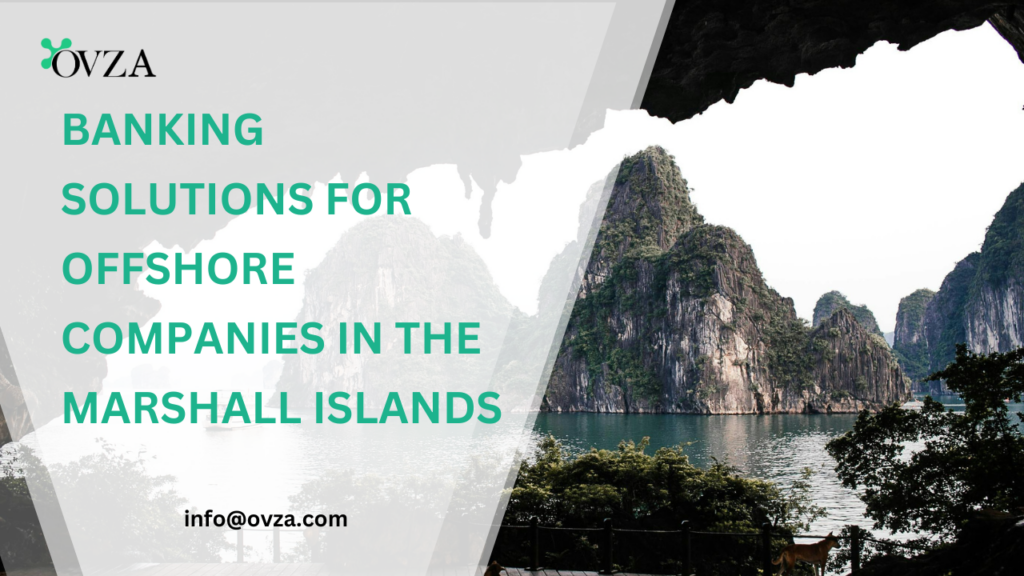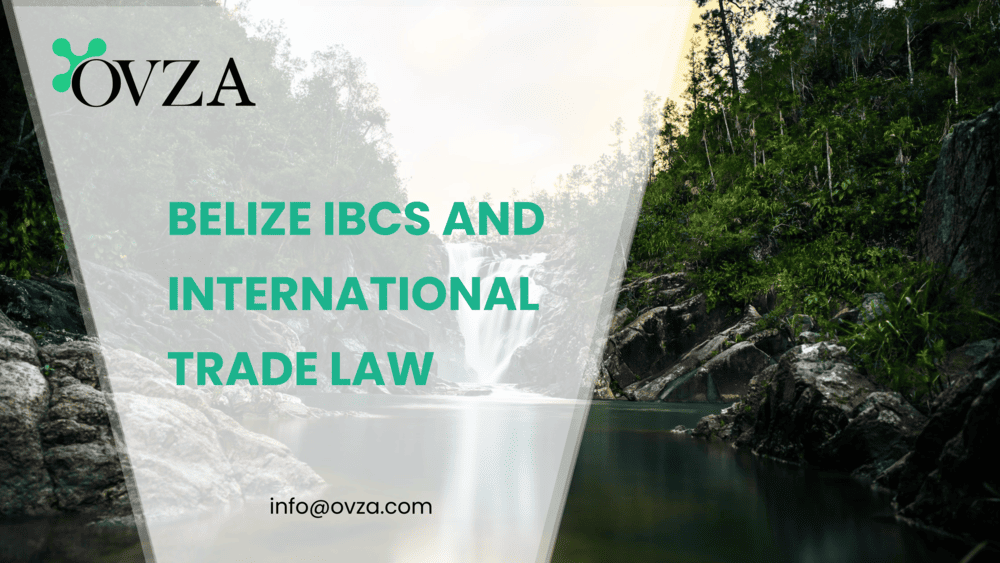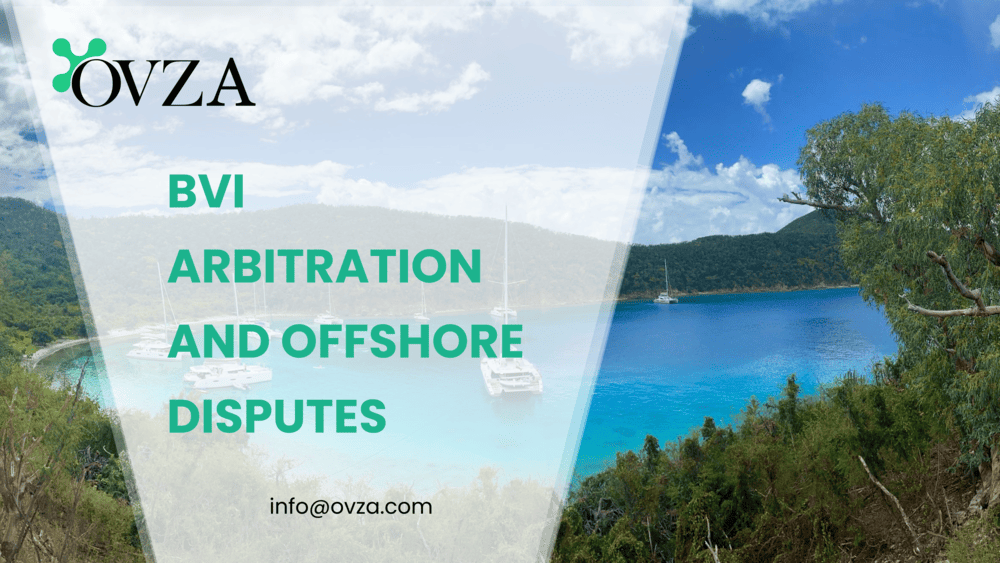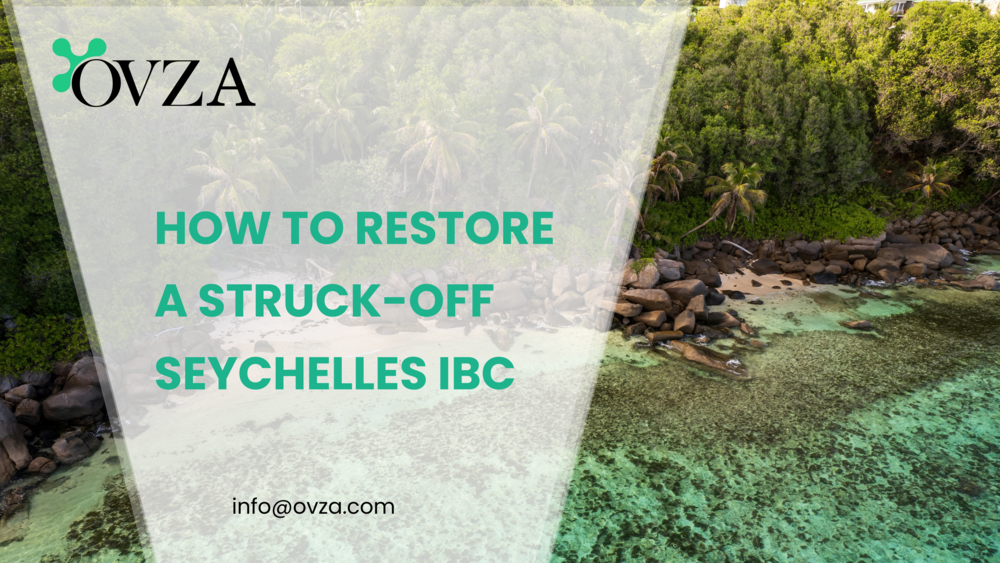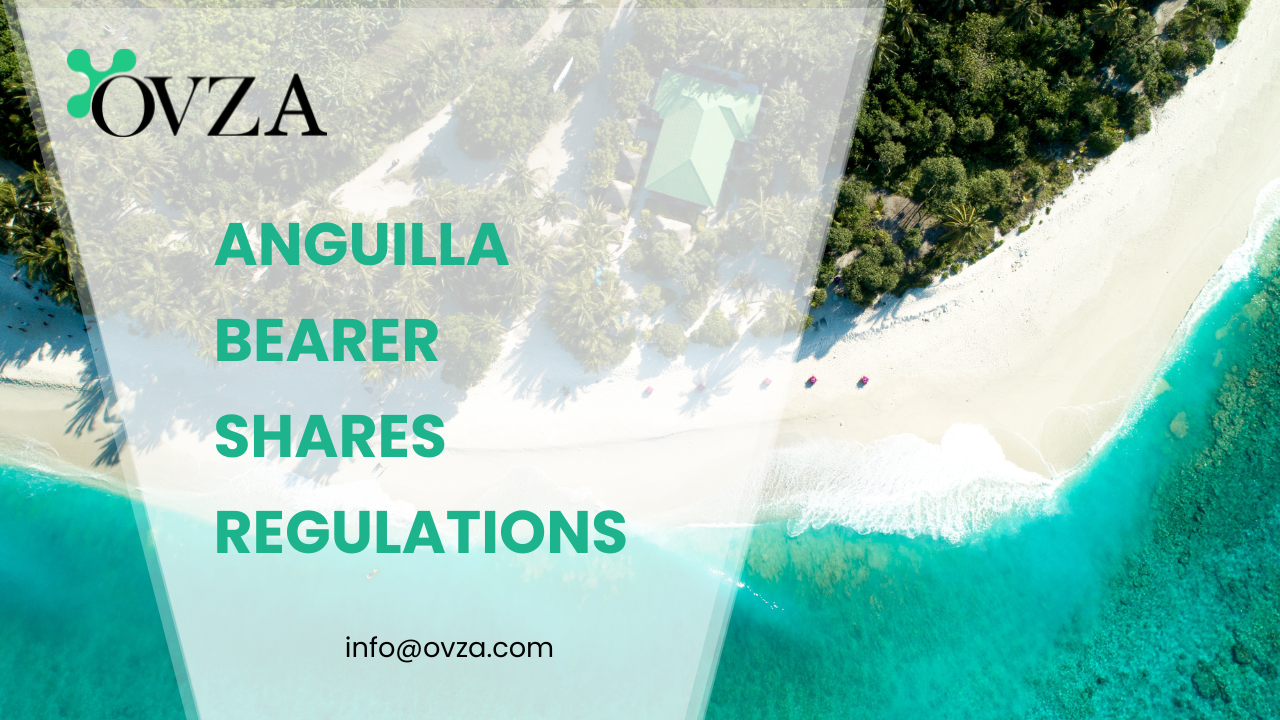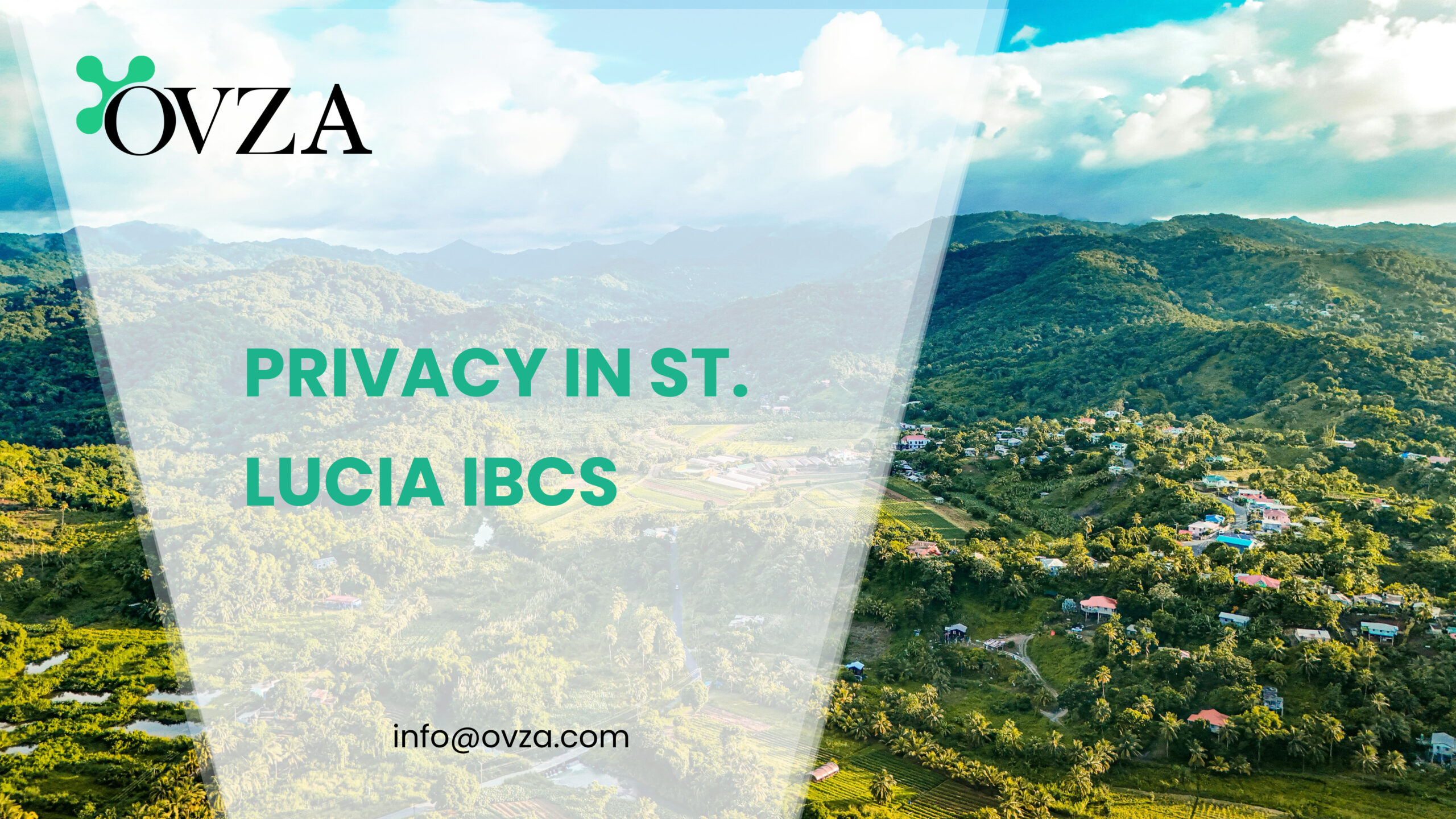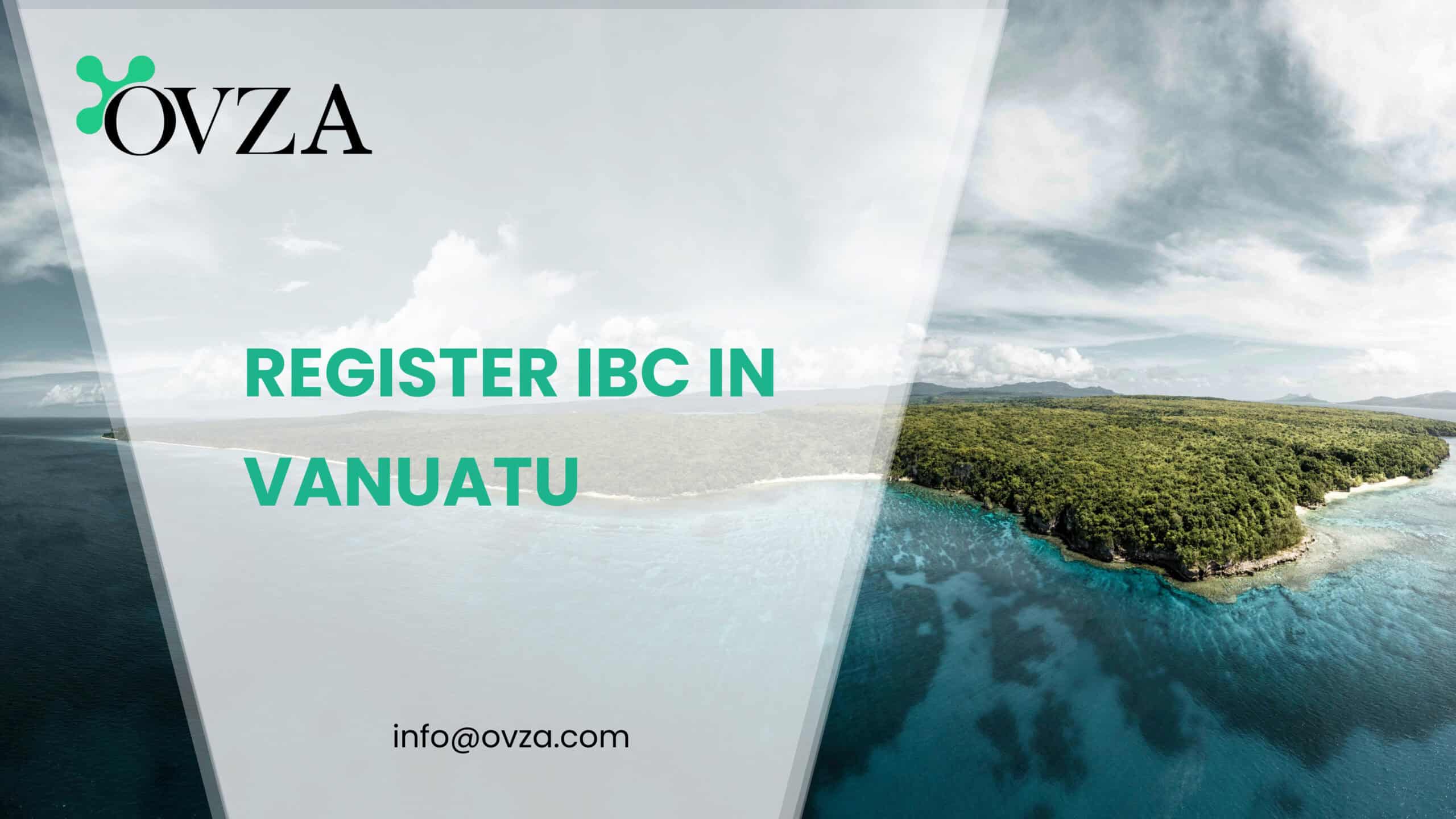Discover key strategies for overcoming Marshall Offshore Banking challenges, ensuring smooth account setup and efficient financial operations for offshore companies.
Marshall Offshore Banking: Overcoming Challenges and Solutions
Opening a bank account for offshore companies in the Marshall Islands comes with challenges such as limited banking infrastructure, stringent compliance requirements, and reputational concerns. Despite these obstacles, strategic planning and the right support can simplify the process.
This article outlines key hurdles and practical solutions to help businesses establish Marshall Offshore Banking relationships and streamline financial operations effectively. With proper guidance, offshore companies can unlock secure, compliant, and efficient banking solutions in the Marshall Islands.
Limited Local Banking Infrastructure
The Marshall Islands has a relatively small banking sector with only a limited number of financial institutions, most of which are small-scale. Unlike larger offshore financial hubs, the country’s banking infrastructure is less developed, posing challenges for businesses seeking comprehensive banking services.
For companies involved in global trade, investment, or e-commerce, this limited banking network may require seeking alternative solutions such as partnering with trusted financial intermediaries or exploring international banking options outside the jurisdiction. Despite these challenges, businesses can still achieve effective Marshall Offshore Banking solutions by working with experienced corporate service providers who specialize in navigating the local banking environment.
Stringent Due Diligence Requirements
Banks in the Marshall Islands adhere to strict Know Your Customer (KYC) and Anti-Money Laundering (AML) regulations. As part of this compliance process, banks typically request extensive documentation, including:
- Proof of identity for company directors and shareholders
- Verification of residential addresses
- Detailed information about the nature of the business
- Disclosure of beneficial ownership details
These stringent requirements are designed to maintain the integrity of the Marshall Offshore Banking sector and prevent financial crime. While this may slow down the account-opening process, businesses can streamline the procedure by preparing detailed documentation in advance and seeking guidance from local financial experts.
Lack of Correspondent Banking Relationships
Due to its smaller financial ecosystem, some banks in the Marshall Islands may have limited correspondent banking relationships with major international financial institutions. This can pose challenges for businesses requiring frequent cross-border transactions or those that rely heavily on multi-currency accounts.
To overcome this hurdle, businesses can explore partnerships with trusted offshore banking intermediaries that offer access to a wider range of global banking networks. Establishing accounts in strategic financial hubs alongside a Marshall Islands IBC can further enhance global transaction capabilities.
Reputational Concerns
As an offshore jurisdiction, the Marshall Islands has faced scrutiny from international regulatory bodies. While the country actively follows global compliance standards, some international banks may impose additional layers of due diligence when dealing with businesses linked to the jurisdiction.
By adopting transparent business practices and maintaining strong financial records, offshore companies can build credibility and reduce potential reputational risks. Collaborating with reputable financial service providers can also improve a company’s standing in the international banking sector.
Language and Communication Barriers
Although English is widely used in official and financial communications, non-native English speakers may experience challenges during the account-opening process. Misunderstandings or communication gaps can delay approvals and cause unnecessary complications.
To mitigate this, businesses are encouraged to work with bilingual consultants or trusted service providers who specialize in Marshall Offshore Banking. These experts can offer valuable guidance, ensuring that all communication, documentation, and requirements are handled accurately and efficiently.
How to Overcome These Challenges
-
Partner with an Offshore Specialist
- Work with a professional offshore service provider or legal consultant who specializes in the Marshall Islands. They can guide you through the banking process, ensure proper documentation, and liaise with local banks on your behalf.
- Prepare Thorough Documentation
- Ensure you have all necessary documents, such as:
- Passport copies
- Proof of residential address
- Business registration documents
- Beneficial ownership declarations
- Bank references
- Providing accurate and complete documentation can expedite the process and reduce the likelihood of rejections.
- Ensure you have all necessary documents, such as:
-
Consider International Banking Options
- If local banking options are limited, consider opening accounts with international banks or financial institutions in nearby offshore jurisdictions with better-developed banking systems.
-
Leverage Online Banking Solutions
- Explore fintech and digital banking solutions that accept businesses registered in the Marshall Islands. Many online platforms offer global payment processing and multi-currency accounts.
-
Engage in Transparent Business Practices
- Be prepared to demonstrate the legitimacy of your business operations and adhere to international anti-money laundering (AML) and counter-terrorism financing (CTF) standards.
-
Seek Multilingual Support
- If language is a barrier, seek translation services or work with bilingual consultants to navigate the banking process more smoothly.
Conclusion:
By addressing these challenges strategically, foreigners can successfully establish banking relationships for their Marshall Islands-registered businesses, enabling seamless financial operations.


